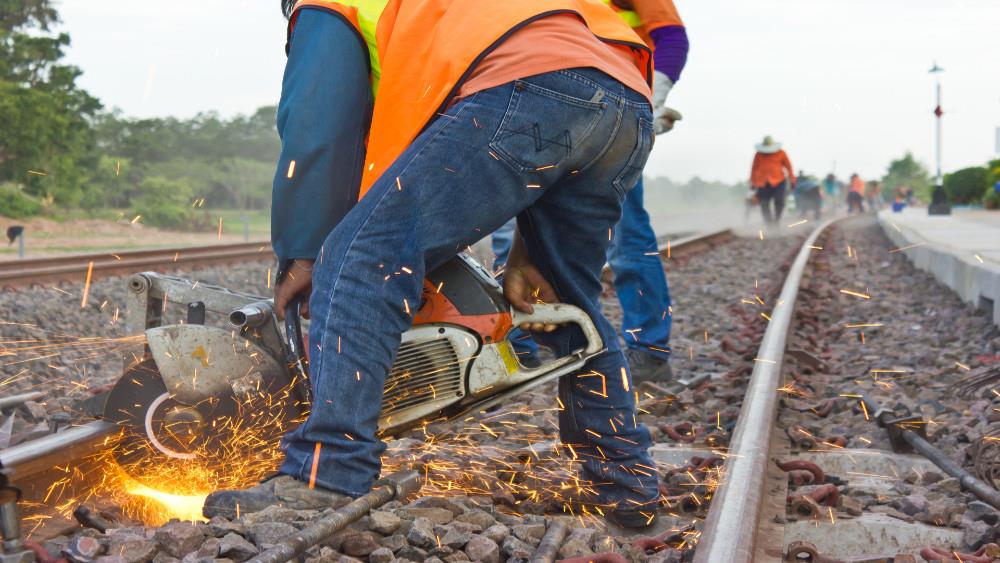

New construction report examines the key trends set to shape 2020
Asite has today (Friday 17 April) launched a new research report into the trends set to impact the construction industry globally in 2020, including the UK.
The report also examines the impact of the current COVID-19 pandemic and considers how this will impact the industry in the coming 12 months.
Research was conducted on different regions – namely, the UK, Europe, the Middle East, North America, Asia-Pacific, and India – to examine key trends in those regions and their relatedness.
The snapshot report delves into some of the most innovative insights this year. It aims to provide the construction industry with a clear view of its future and determines what the industry needs to do to move forward, overcome current challenges, and build on the progress taking place.
Nathan Doughty, Asite CEO, said: “When we began our research, we could not have known how drastically the world would change in such a short time. This change and the impact of the COVID-19 outbreak has impacted our findings and will continue to shape our industry long after the pandemic has passed.
"Now more than ever, I believe our industry needs to come together and operate as the global industry it is to solve future challenges and build resilience. This report will hopefully mark the beginning of this new chapter.”
In its conclusion, the report demonstrates how shared trends and developments across regions might offer a solution to the current crisis. Digital engineering and the establishment of strategic operating models are suggested as key to building resilience and safeguarding the industry.
The report also calls on the industry to recognise their interdependence and develop a strategy that is both regionally engaged and globally responsive.
Key takeaways from the report for the United Kingdom include:
Post-Brexit decline before stabilising: 65% of the construction industry says that they are either concerned or highly concerned about the outlook for the industry post-Brexit. As a result, there is the worry that this may lead to a possible dip in construction activity in 2020. Therefore, it is pertinent that focus shifts to building resilience and preparing for this potential decline.
BIM Level 3 by 2025: The UK Government and industry expects to move to BIM Level 3 by 2025. This progression is key to the ‘Digital Built Britain’ strategy, which will improve transparent data sharing capabilities. Increased focus will also be placed on Digital Twins in an effort to keep up with rapidly evolving digital construction technology We will see these developments benefit projects and government supply chains greatly over the coming years.
New focus on sustainable supply chains: In response to increased scrutiny on the construction industry and its environmental impact, companies are rethinking their approach to procurement. Pierre-Francois Thaler, co-CEO of EcoVadis, argues that procurement professionals are in an ideal position to address sustainability issues as supply chains are the biggest lever for change. As noted by Construction Online, buyers are more likely to seek out environmentally conscious suppliers, and suppliers will need to be able to demonstrate their green credentials.
Investment in Budget 2020 for a Decade of Growth: Chancellor of the Exchequer, Rishi Sunak, announced £640 billion of gross capital investment into the UK’s roads, railways, schools, hospitals, and power networks by the end of the Parliamentary term in a cash injection that will be triple the average of over the last 40 years in real terms. Sunak argues that “investing historic amounts in British innovation and world-class infrastructure, [we] will rebalance opportunities and lay the foundations for a decade of growth for everybody.”